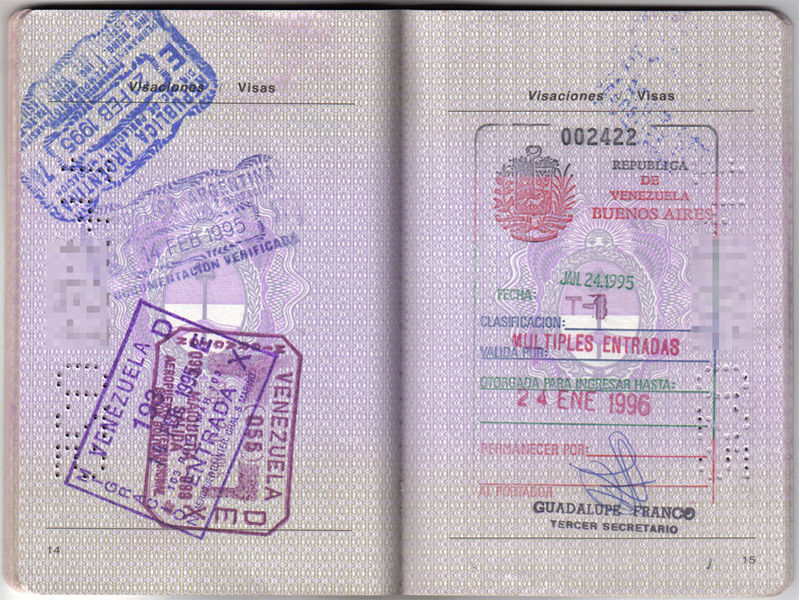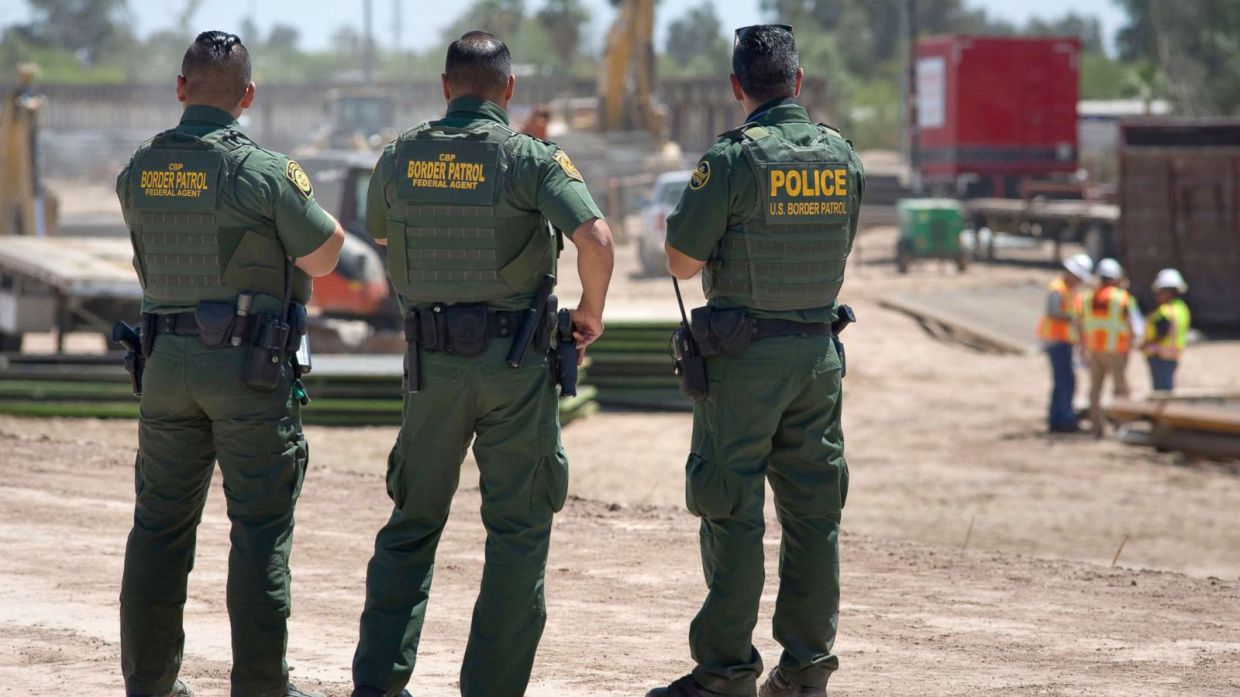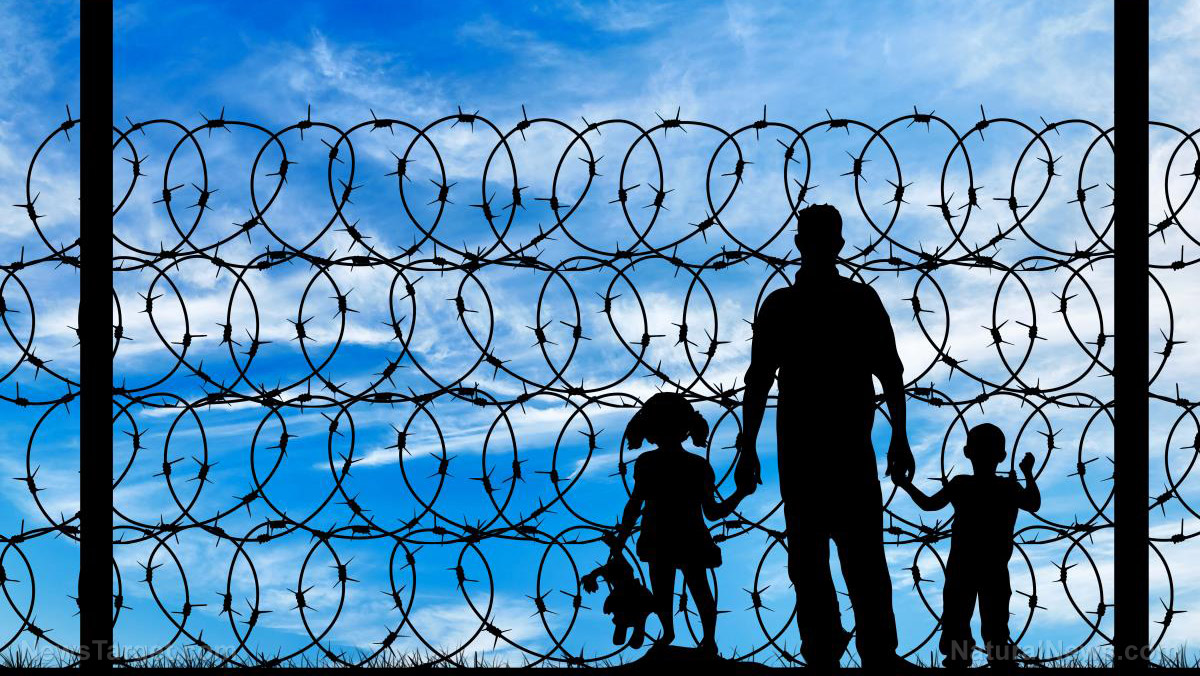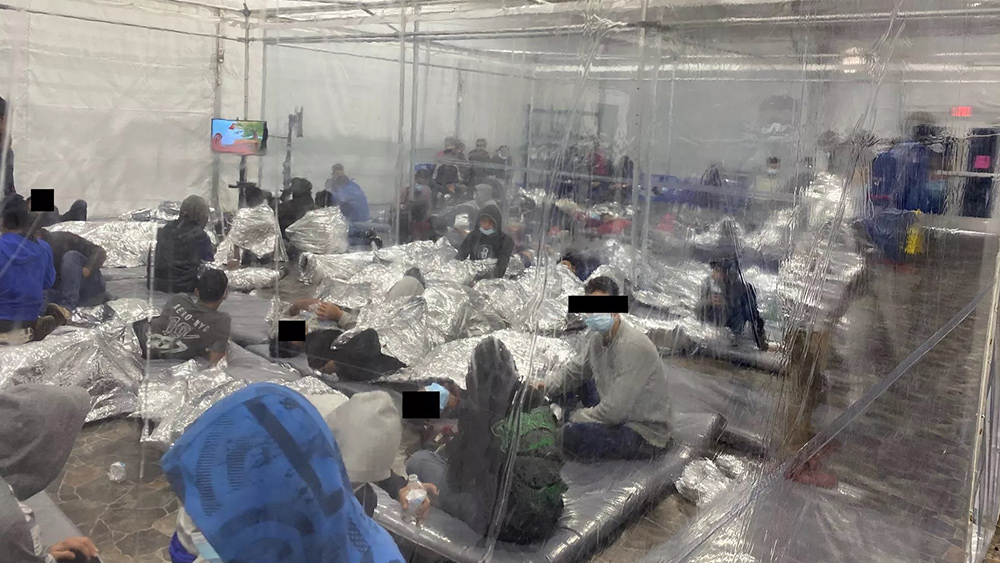A new diplomatic front: U.S. declares mass migration an existential threat
11/25/2025 / By Willow Tohi

- U.S. State Department declares mass migration an “existential threat to Western civilization.”
- American embassies instructed to document migration’s human rights and public safety impacts in allied nations.
- Policies creating “two-tiered systems” that disadvantage native citizens will be scrutinized.
- High-profile cases from the U.K., Sweden and Germany cited as examples of migrant-related crime and leniency.
- The move signals a major shift in U.S. diplomatic focus toward curbing mass migration globally.
The U.S. State Department has launched a unprecedented diplomatic initiative, formally declaring mass migration an “existential threat to Western civilization” and instructing its embassies to document the human rights and public safety consequences of large-scale immigration in allied nations. The policy, directed by Secretary of State Marco Rubio’s team, represents a significant escalation of the Trump administration’s immigration stance onto the global stage. Announced via a series of posts on the State Department’s official X account, this new directive positions the United States to actively pressure Western governments to confront the social and security challenges stemming from migration.
A strategic shift in diplomatic priority
This directive, issued in November 2025, marks a strategic pivot in U.S. foreign policy. The State Department has tasked its embassies with a dual mission: to report on the “human rights implications and public safety impacts of mass migration” and to scrutinize foreign policies that allegedly create “two-tiered systems.” According to the department, these systems prioritize migrants at the expense of native citizens, often through lenient treatment of criminal offenders while penalizing citizens who voice opposition to continued migration. This framing reframes migration from a humanitarian issue affecting newcomers to a public safety crisis affecting host populations.
Citing international precedents
To substantiate its concerns, the State Department pointed to specific, high-profile cases in Europe. It referenced the long-standing grooming gang scandals in the United Kingdom, where investigations revealed the systematic sexual abuse of hundreds of children, primarily by men of Pakistani heritage, and noted concerns that investigations were initially hampered by “nervousness about race.” The department also cited a recent case in Sweden where an Eritrean immigrant convicted of rape was ruled against deportation, and an incident in Germany where a woman received a harsher sentence for insulting a convicted rapist online than the perpetrator himself. These examples are presented as evidence of a systemic failure to protect citizen safety.
Contextualizing the “existential threat”
The administration’s characterization of migration as an “existential threat” aligns with a broader conservative worldview that has gained traction amid rising nationalism across the West. Proponents argue that unvetted, large-scale migration leads to strained public services, distorted labor and housing markets, rising crime and the erosion of national identity and security. This perspective holds that globalist-aligned governments and non-governmental organizations have facilitated a “pawn storm” of migrants to destabilize nations and create new political blocs, ultimately undermining national sovereignty. The new U.S. policy directly challenges this approach, urging allies to “take bold action” to defend their citizens.
Skepticism and broader implications
The administration’s stance has not gone unchallenged. Some academics and analysts caution that while large migration flows can stress public infrastructure, labeling them an “existential threat” is an overstatement that risks eroding commitment to human rights. Critics also worry the campaign could be a precursor to efforts to curtail all immigration, including legal pathways that allies like Canada and Germany rely on for economic and demographic growth. The directive raises questions about potential retaliatory actions the U.S. might take against allies deemed insufficiently committed to curbing migration, signaling a more confrontational and isolationist turn in American diplomacy.
A defining policy for a new era
The State Department’s new directive solidifies immigration as a cornerstone of U.S. strategic foreign policy. By framing the issue in stark terms of civilizational survival, the administration is attempting to forge an international coalition committed to a harder line on border control. This move represents a fundamental rejection of the migration policies of previous U.S. and European governments, which are now portrayed as suicidal. As American embassies begin their reporting, the world will be watching to see how this aggressive new posture reshapes alliances, influences domestic politics in Europe and redefines the global debate on one of the most divisive issues of the 21st century.
Sources for this article include:
Submit a correction >>
Tagged Under:
big government, Border Patrol, border security, Dangerous, Donald Trump, existential threat, great replacement, great reset, illegal immigration, invasion usa, migrants, national security, Open Borders, progress
This article may contain statements that reflect the opinion of the author
RECENT NEWS & ARTICLES
COPYRIGHT © 2018 MIGRANTS.NEWS
All content posted on this site is protected under Free Speech. Migrants.news is not responsible for content written by contributing authors. The information on this site is provided for educational and entertainment purposes only. It is not intended as a substitute for professional advice of any kind. Migrants.news assumes no responsibility for the use or misuse of this material. All trademarks, registered trademarks and service marks mentioned on this site are the property of their respective owners.


















